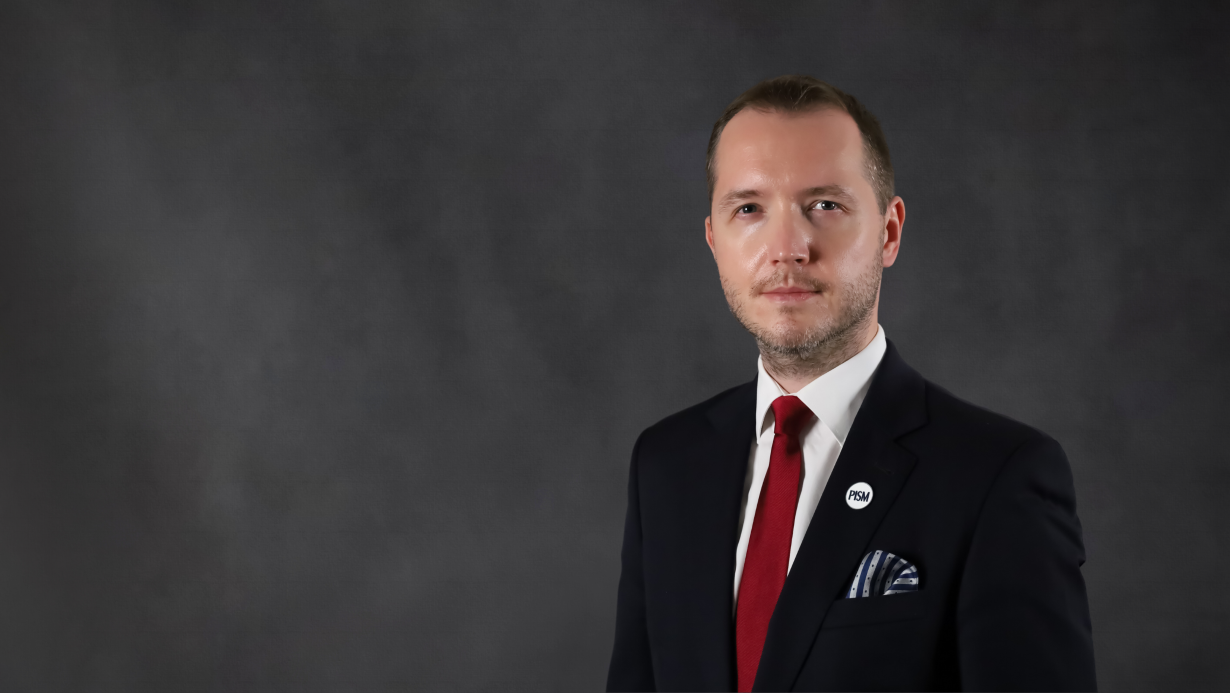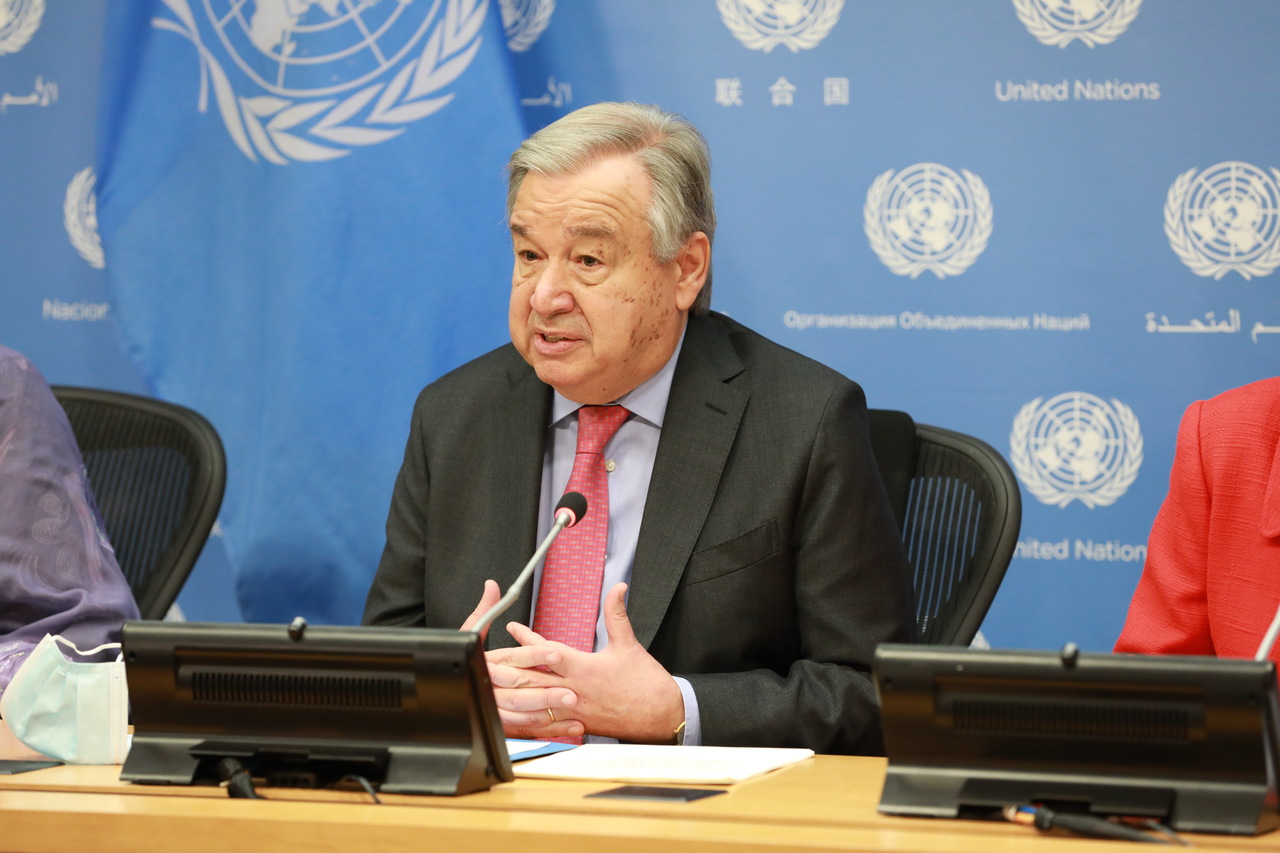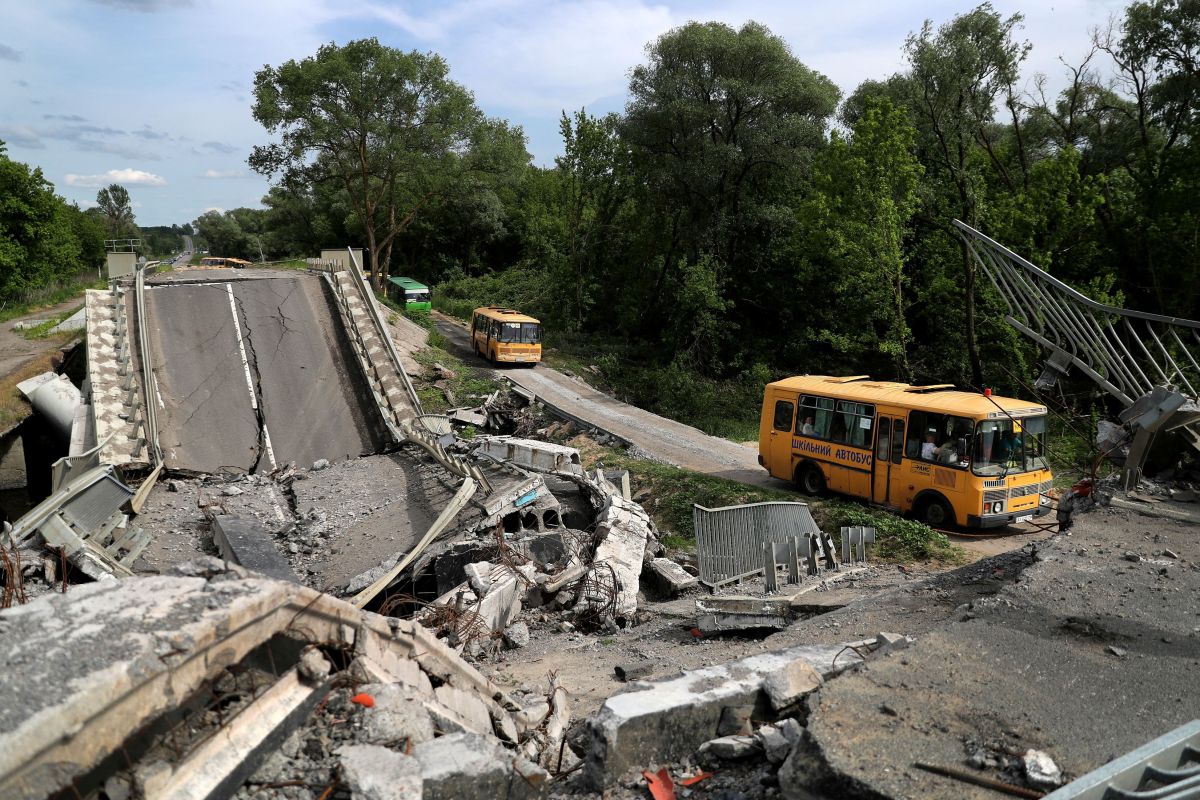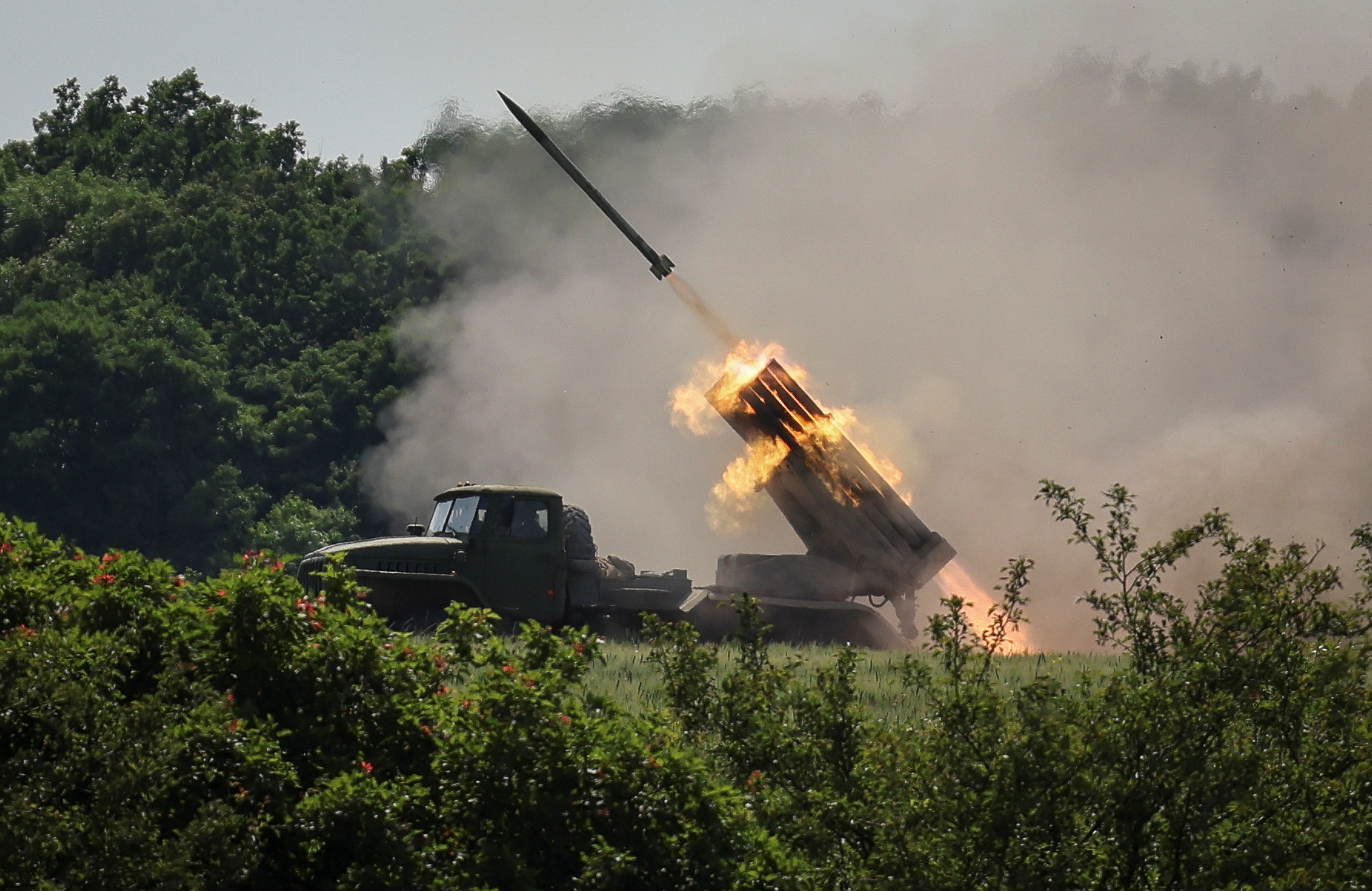G7 Summit in Germany - Support for Ukraine and Combating the Global Effects of Russia's Aggression
On 26-28 June, a meeting of the leaders of the G7 countries took place at Elmau Castle in Bavaria. The key topics were the war in Ukraine and the resulting energy and food crisis. The summit showed the group’s consistency with regard to Russia’s aggression and global challenges, although some of the decisions made are not very ambitious. It will be important for the long-term effectiveness of the G7 to involve partners from other parts of the world, including developing countries, which is one reason for the guest participation in the meeting of the leaders of Argentina, India, Indonesia, South Africa, and Senegal.
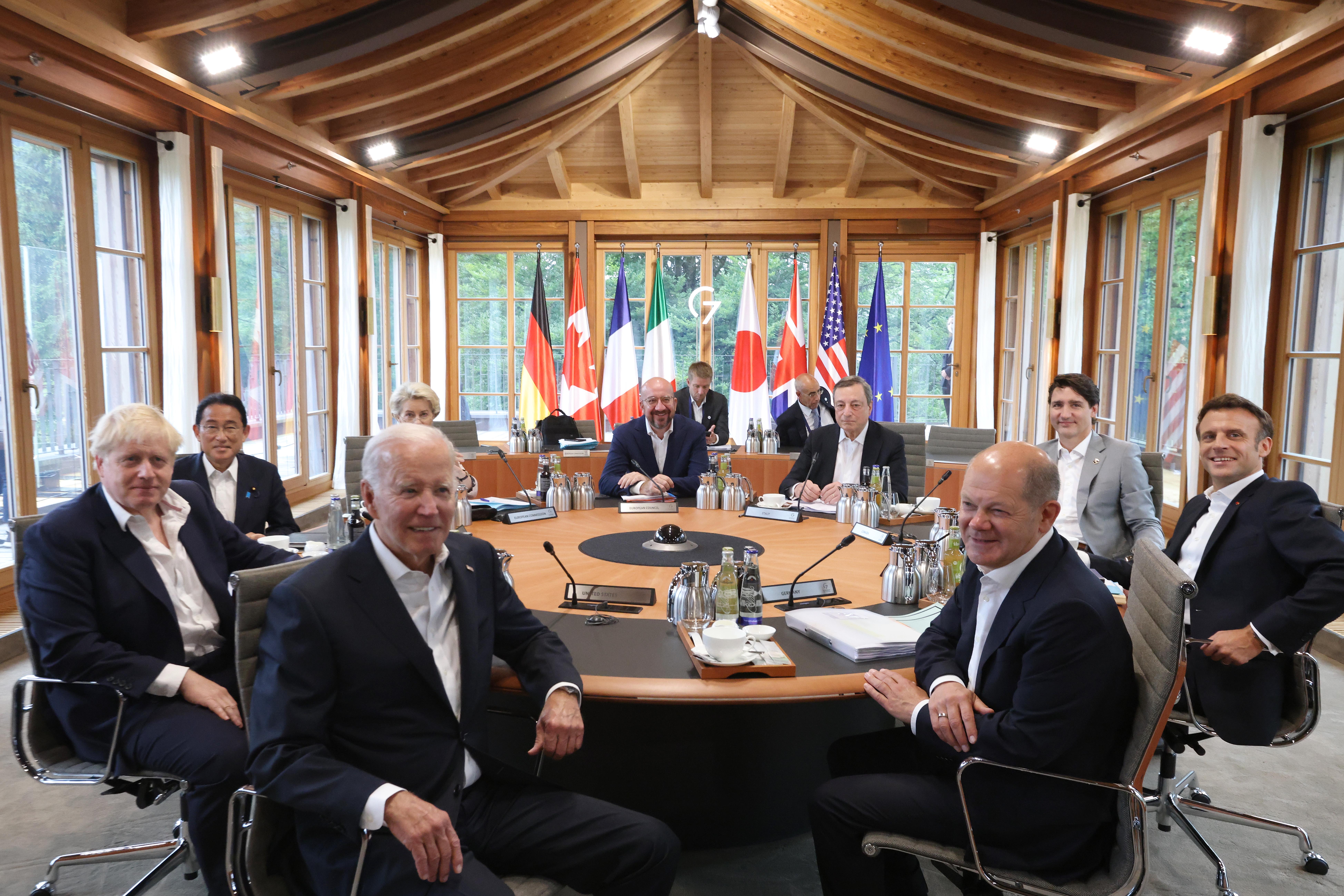 Pignatelli/EUC/ Zuma Press/ FORUM
Pignatelli/EUC/ Zuma Press/ FORUM
What is the summit context?
The meeting of the G7 (Canada, France, Germany, Italy, Japan, the UK and the U.S., along with representatives of the European Union) took place while there is war in Ukraine, where Russia intensified rocket attacks on Ukrainian cities. On the second day of the summit, Russian rockets struck a shopping centre in Kremenchuk and many civilians were killed. The attack was condemned by G7 leaders in a special statement. Countries around the world are facing food and energy crises caused by the Russian aggression, which raises social tensions, as seen in Sri Lanka, Ecuador, and elsewhere. In addition, the continuing waves of the COVID-19 pandemic in many regions of the world, including in Europe, the U.S., and China, is causing further disruptions in global supply chains and weakens the outlook for economic growth in the world both this year and next.
What did the G7 members decide with regard to the war in Ukraine?
The G7 presented several important steps and declarations supporting Ukraine. It once again condemned Russia’s aggression, stressing that the sanctions that had already been introduced would be maintained and that it would coordinate the imposition of new ones, such as the announcement of an embargo on the import of Russian gold (so far introduced by Canada, Japan, the U.S., and the UK). The members of the group expressed their determination to support Ukraine (in financial, humanitarian, diplomatic, and military terms) for “as long as it takes”. They also emphasised that Ukraine should decide on the shape of a future peace settlement and showed readiness to establish security commitments for Ukraine in such an agreement with, among others, interested countries, international institutions, as well as the Ukrainians. This declaration may serve to dismiss any suspicions that the G7 countries would persuade Ukraine to make concessions in relations with Russia. The group also announced support for the reconstruction of Ukraine, including the preparation of an action plan and to explore options for using frozen Russian assets. A specific commitment was to increase financial support for Ukraine this year. So far, it has amounted to $2.8 billion, and is expected to increase to $29.5 billion. To emphasise the importance of the topic of the war in Ukraine, President Volodymyr Zelensky participated remotely and appealed to the members of the G7 to supply arms and impose further sanctions on Russia.
What actions does the G7 intend to take on the energy and food crises?
In these areas, the G7 undertook several commitments, but there were discrepancies in the assessment of some solutions and their scale can be evaluated as too small. The leaders pointed to the efforts to increase energy security, reduce fuel prices, and limit Russia’s profits from the export of energy resources, including “to explore” the introduction of temporary price caps on purchases. This is a weak postulate, showing a difference of opinion in the G7 and the difficulty in finding an effective formula for action. The leaders of the G7 member states also reaffirmed their commitment to end energy dependence on Russia (which is especially important for the EU), but without detriment to their climate actions. To address the food crisis, the leaders pledged $4.5 billion for the Global Food Security Alliance created by the G7 in cooperation with the World Bank in May this year. However, this amount is not sufficient to significantly improve the global food situation. Important for increasing the stability of food supply chains is the group’s commitment to maintaining open trade in agricultural goods and supporting production in Ukraine.
What other decisions did the G7 make?
The leaders launched the Partnership for Global Infrastructure and Investment (PGII) with the goal to mobilise $600 billion over five years for projects in developing countries. This could be a valuable counterweight to China’s activity through its Belt and Road Initiative (BRI). However, a similar proposal called “Build Back Better World” was presented at last year’s G7 summit in the UK but has not entered the implementation phase. The key to the success of PGII will be the preparation of attractive projects that will gain private support and meet the needs of particular regions of the world. The group also announced the establishment of a Climate Club by the end of 2022. Its members are to accelerate efforts to implement the provisions of the Paris Agreement (the emphasis will be on the transformation of industry). The G7 also committed to far-reaching decarbonisation, including in road transport by 2030 and energy by 2035, and announced the extension of cooperation under Just Energy Transition Partnerships to Indonesia, India, Senegal, and Vietnam, based on a similar cooperation platform with South Africa established during COP 26 in 2021. The leaders also announced the continuation of the supply of vaccines against COVID-19 (over the last year, they delivered almost 1.2 billion doses worldwide). However, the leaders did not announce measures to suspend intellectual property rights on vaccines, which makes it difficult to increase their production and distribution, especially in the poorest countries. The G7 leaders also stressed that cooperation in the digital sphere, including cybersecurity and the fight against disinformation, is crucial.
What does the summit mean for the future of the G7?
The meeting of leaders showed the important role of the G7 in responding to the war in Ukraine, upholding the rule-based international order, and in mobilising to solve global problems, including those related to climate. At the same time, it revealed limitations in their joint activities. It will be important to involve partners from Asia, Africa, and Latin America, whose representatives participated in previous G7 summits, in the group’s activity and to persuade them to its arguments. Cooperation with Argentina, India, Indonesia (currently holding the presidency of the G20), South Africa, and Senegal (chairing the African Union), as well as other non-G7 countries, mainly G20 and developing states, will be crucial for the success of the PGII, the Climate Club, and other initiatives. Particularly noteworthy was the presence in Elmau of the leaders of India and South Africa, both members along with Russia of the BRICS format, which held a leaders virtual summit just a few days before the G7 meeting. This may indicate the G7’s attitude towards developing cooperation with these countries in order to weaken their support for Russia. However, the declaration about the resilience of democracies adopted by the G7 and other leaders at the summit contained only a vague reference to the war in Ukraine, stating “hail all courageous defenders of democratic systems that stand against oppression and violence”. This may be, among others, because of India's ambivalent attitude towards Russia’s aggression, which if correct indicates it has difficulties in building strong ties with the G7 states, which condemn the attacks.


